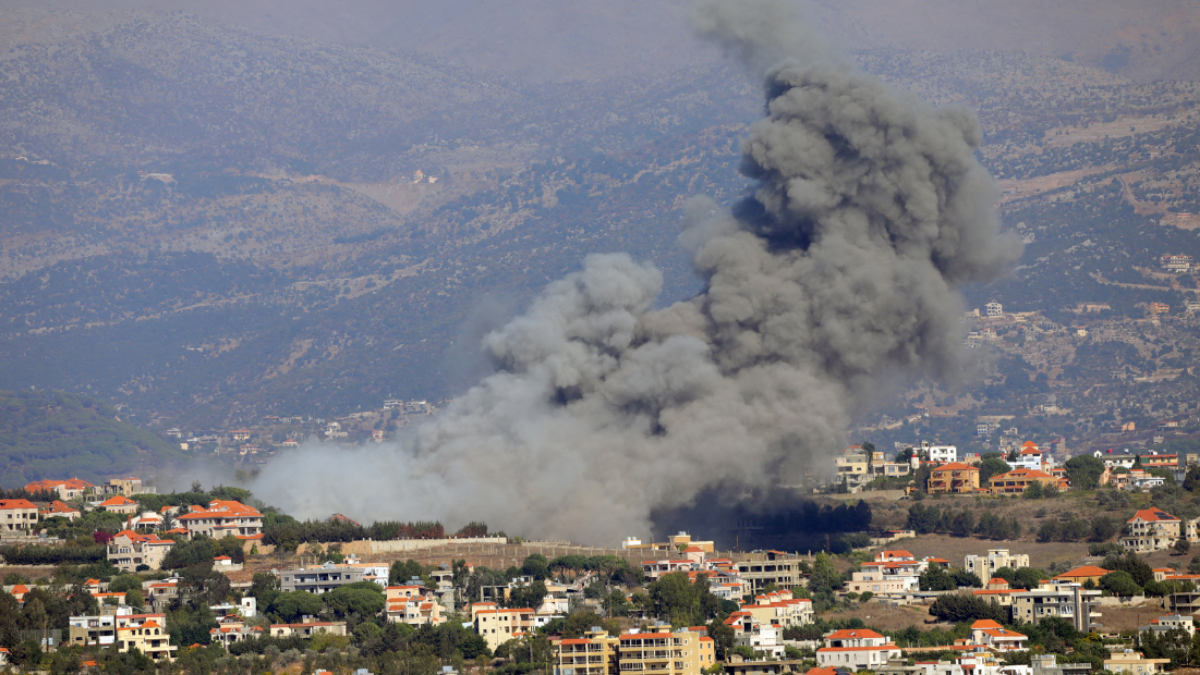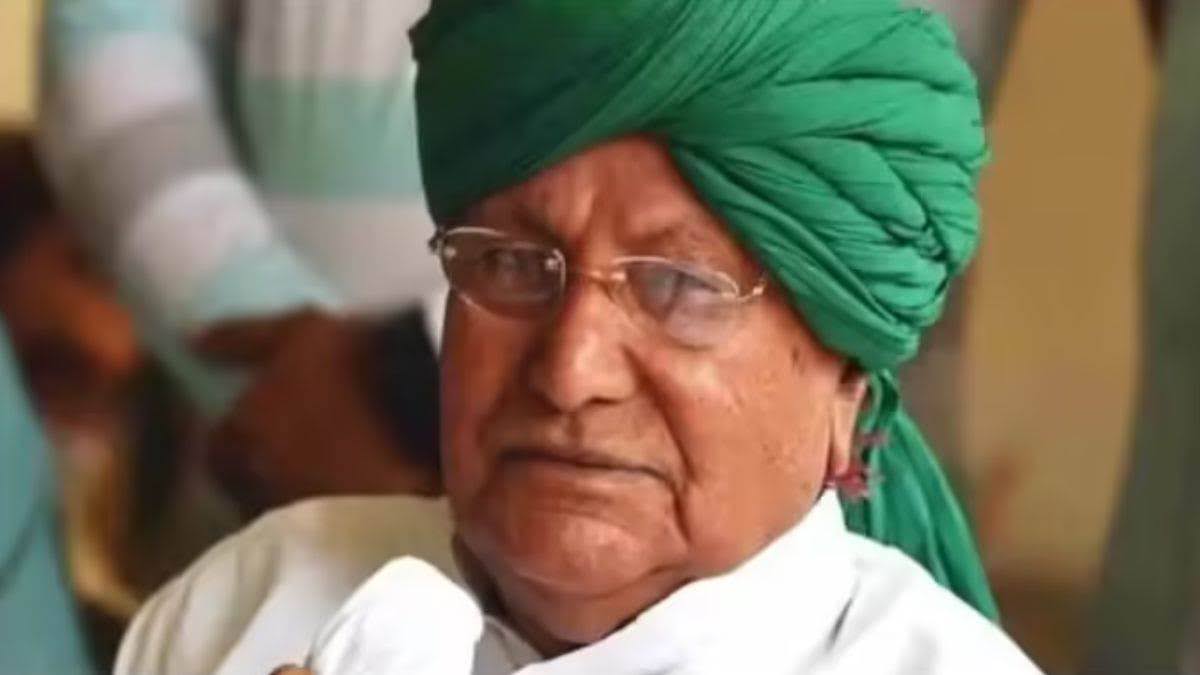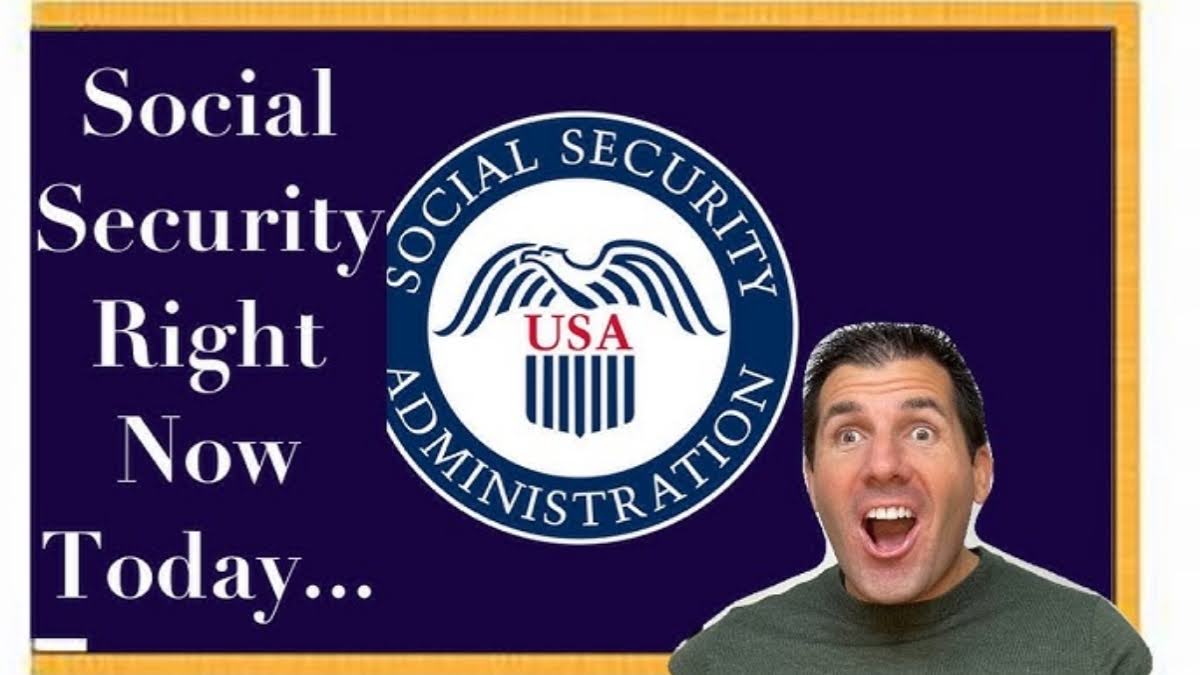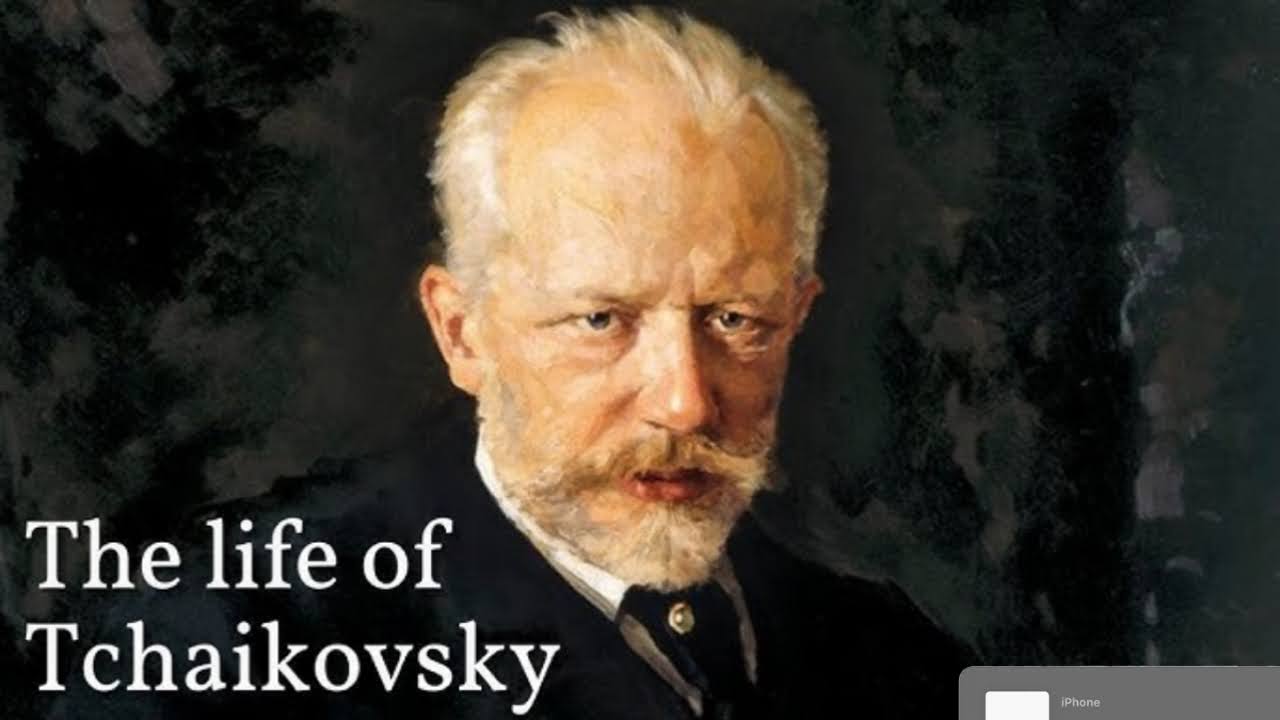
The Middle East witnessed a significant development as a ceasefire agreement between Israel and Lebanon, brokered by the United States and France, came into effect. After months of intense conflict between Israeli forces and Hezbollah, the ceasefire promises temporary relief for the region. However, the situation in Gaza remains dire as fighting continues unabated.
A Hard-Won Truce
The ceasefire agreement was approved by the Israeli cabinet on Tuesday evening, with a decisive 10-1 vote. Prime Minister Benjamin Netanyahu announced the agreement as a step toward restoring normalcy in northern Israel. US President Joe Biden, a key figure in brokering the deal alongside French officials, hailed the decision as a “new start” for Lebanon.
The ceasefire officially took effect at 4:00 AM local time (7:30 AM IST) on Wednesday. This agreement mandates that firing stops on both sides, with a stern warning from Israel that any violation by Hezbollah would provoke a strong military response.
Netanyahu’s Vow
Prime Minister Netanyahu emphasized that the ceasefire with Lebanon does not signify an end to Israel’s military objectives in Gaza. “We will complete the task of obliterating Hamas, bring home all of our hostages, and ensure Gaza no longer poses a threat to Israel,” he stated. Netanyahu further vowed to return displaced residents of northern Israel to their homes safely, reaffirming his government’s commitment to national security.
A Precarious Peace
The ceasefire announcement came in the wake of the heaviest Israeli air raid on Beirut since September. Even in the hours leading up to the ceasefire, the conflict persisted, with airstrikes reported in south Beirut just two hours after Israeli forces ordered an evacuation in the area.
The bombardment underscored the volatility of the situation. Although the ceasefire has halted hostilities between Israel and Hezbollah, analysts remain cautious about its long-term sustainability.
Global Reactions
- United States and France: The United States and France played pivotal roles in mediating the ceasefire. President Biden called it a moment of hope and urged all parties to maintain the truce. French President Emmanuel Macron echoed similar sentiments, emphasizing the need for lasting peace in the region.
- United Nations: The United Nations welcomed the ceasefire and called for de-escalation in all conflict zones, including Gaza. UN Secretary-General António Guterres appealed for a renewed focus on diplomatic efforts to address underlying issues fueling the conflict.
A Divided World
Middle Eastern countries expressed mixed reactions to the ceasefire. While some nations saw it as a positive step toward stability, others criticized the continued military actions in Gaza. Humanitarian organizations have urged both Israel and Hamas to prioritize civilian safety.
Gaza: The Unending Conflict
While the ceasefire brings temporary relief to northern Israel and Lebanon, Gaza continues to face devastating airstrikes. Israel has reiterated its commitment to dismantling Hamas, the militant group responsible for the October attacks that escalated the conflict.
The humanitarian crisis in Gaza remains a pressing concern. International organizations have called for immediate measures to protect civilians and provide essential aid to the besieged population.
A Tentative Return to Normalcy
Residents in northern Israel, who had been displaced due to continuous shelling from Hezbollah, are hopeful about returning to their homes. The ceasefire is expected to restore a sense of normalcy in the region, at least for the time being.
Local authorities have begun preparations to assist families in resettling and rebuilding their lives. Schools, businesses, and community centers that were shut down due to the conflict are gradually reopening, signaling cautious optimism among the population.
Challenges Looming Large
Despite the ceasefire agreement, several challenges remain:
- Trust Deficit: There is a deep mistrust between Israel and Hezbollah, with both sides accusing the other of violations during past ceasefires.
- Gaza Conflict Spillover: The ongoing conflict in Gaza could potentially reignite tensions in Lebanon, undermining the fragile truce.
- International Mediation: Sustained international engagement will be crucial in ensuring the ceasefire holds. However, geopolitical rivalries in the region could complicate mediation efforts.
A Humanitarian Crisis
The ceasefire offers an opportunity to address the humanitarian needs of affected communities in Lebanon and northern Israel. Aid organizations have urged both governments to facilitate the delivery of essential supplies, including food, medicine, and shelter, to displaced populations.
In Gaza, however, the humanitarian crisis deepens. The international community has called for urgent measures to open humanitarian corridors and ensure the safety of civilians caught in the crossfire.
The Road Ahead
The Israel-Lebanon ceasefire marks a critical juncture in the Middle East conflict. While it provides a temporary reprieve, the path to lasting peace remains uncertain. Both Israel and Hezbollah must demonstrate restraint and commitment to the agreement for the truce to hold.
Global leaders have emphasized the need for dialogue and diplomatic solutions to address the root causes of the conflict. As attention shifts to Gaza, the world watches closely, hoping for a resolution that ensures peace and stability for all parties involved.
Key Highlights of the Ceasefire Agreement:
- Brokered by: United States and France.
- Approved by: Israeli cabinet with a 10-1 vote.
- Ceasefire Effect: Began at 4:00 AM local time on Wednesday.
- Warning Clause: Retaliation in case of violations by Hezbollah.
- Gaza Exception: Ceasefire does not extend to the ongoing conflict in Gaza.
The coming days will test the resilience of the ceasefire, the diplomatic resolve of mediators, and the willingness of both parties to prioritize peace over conflict.







